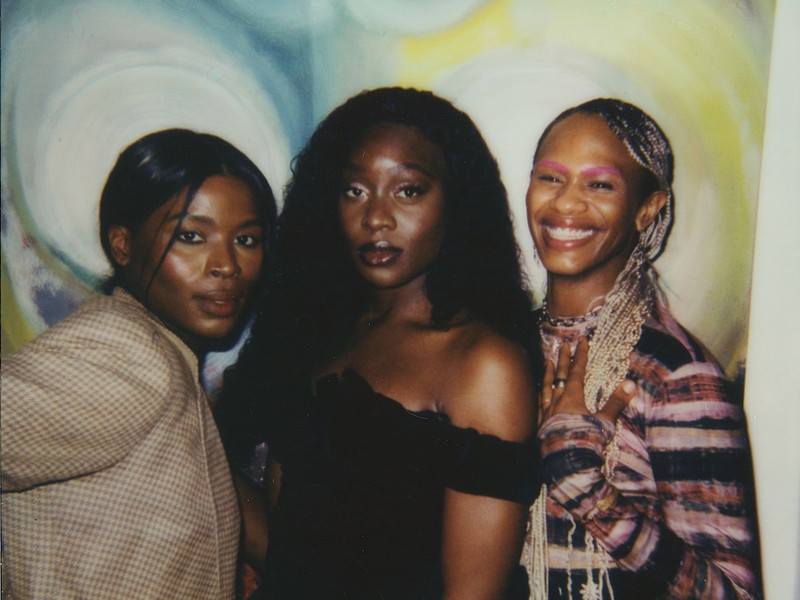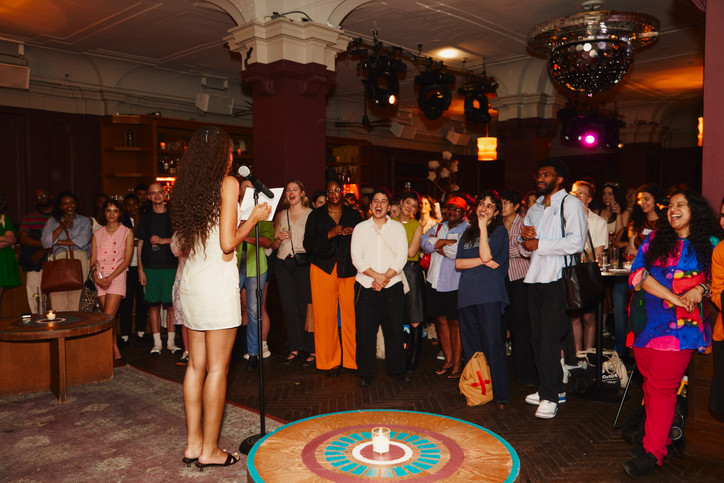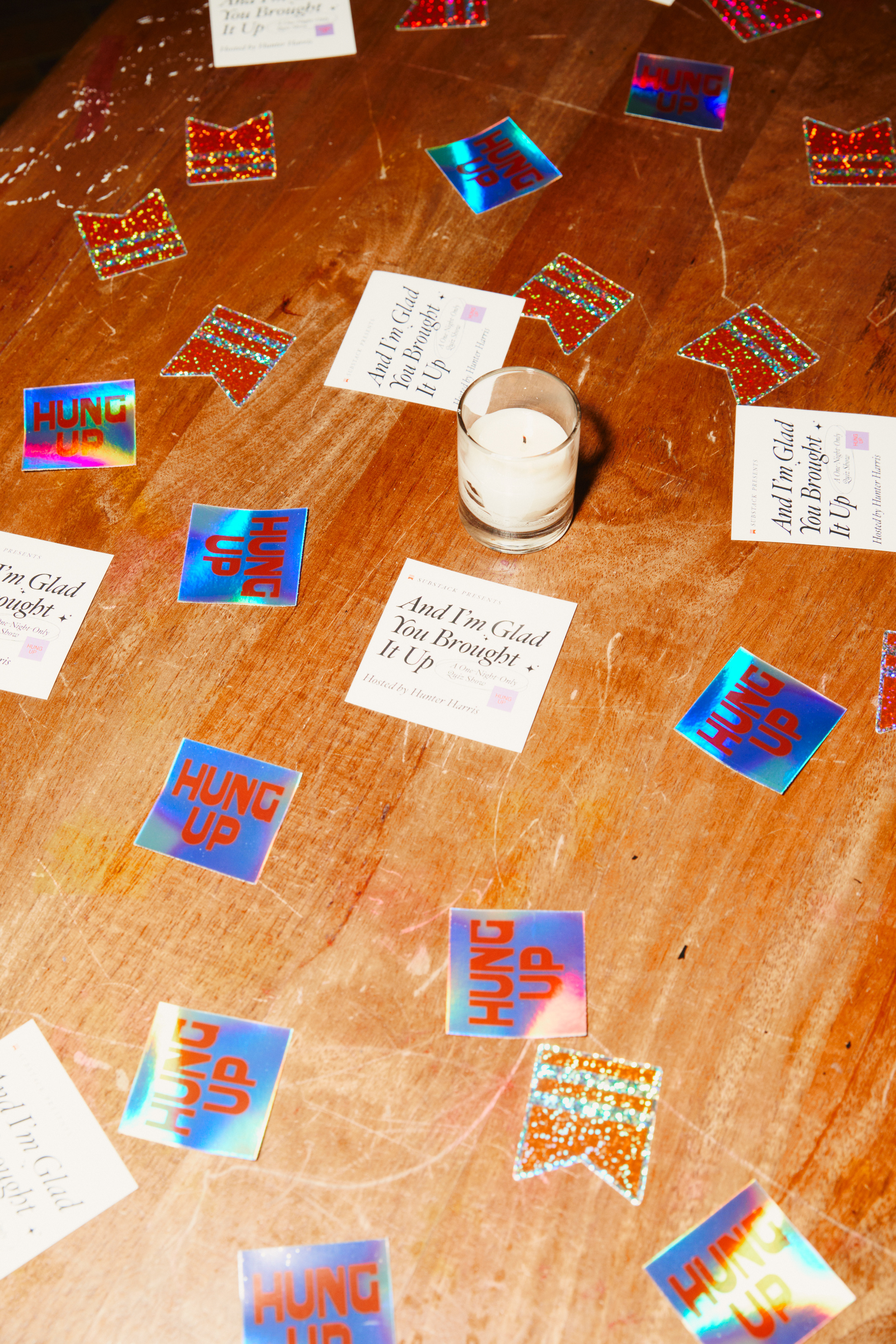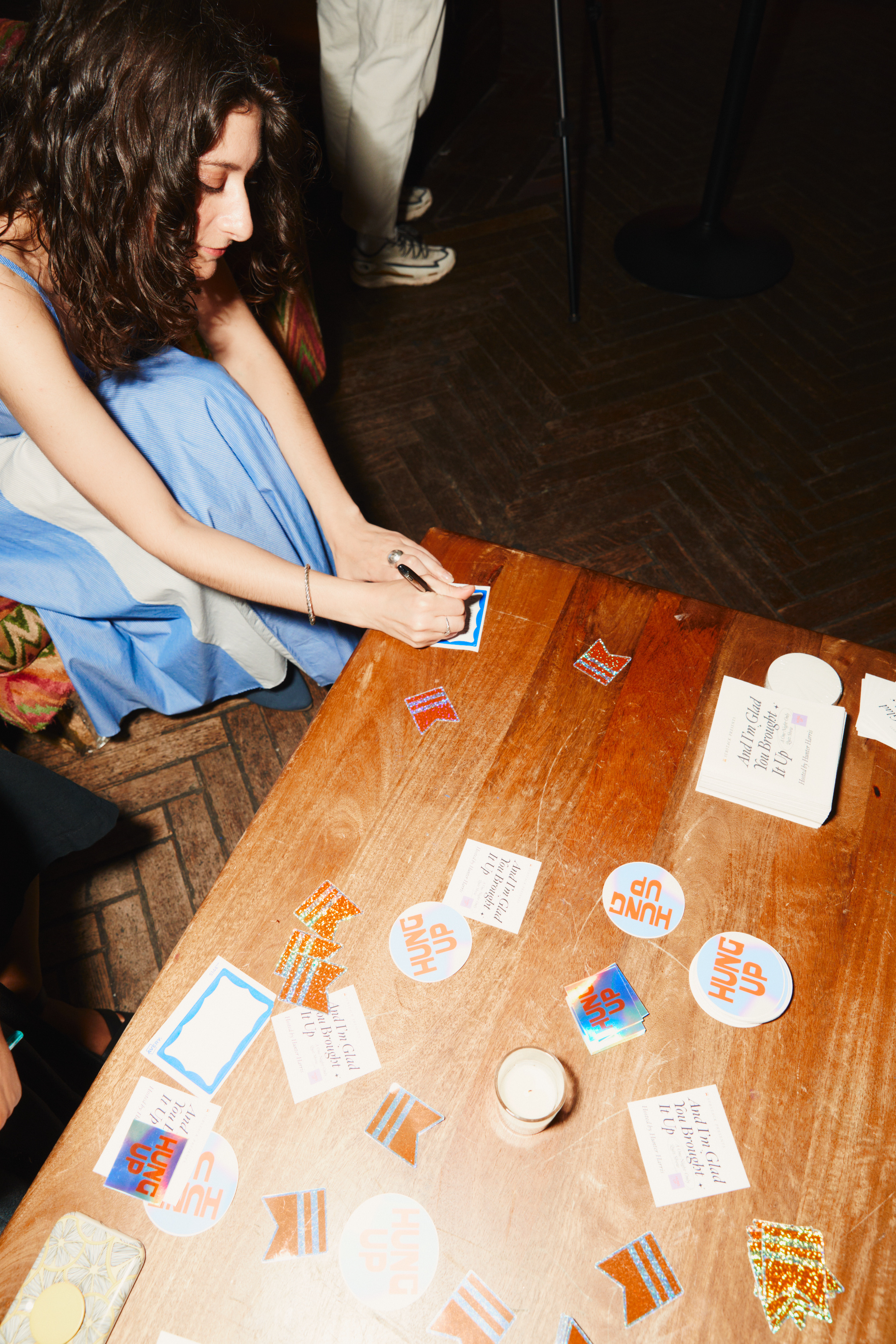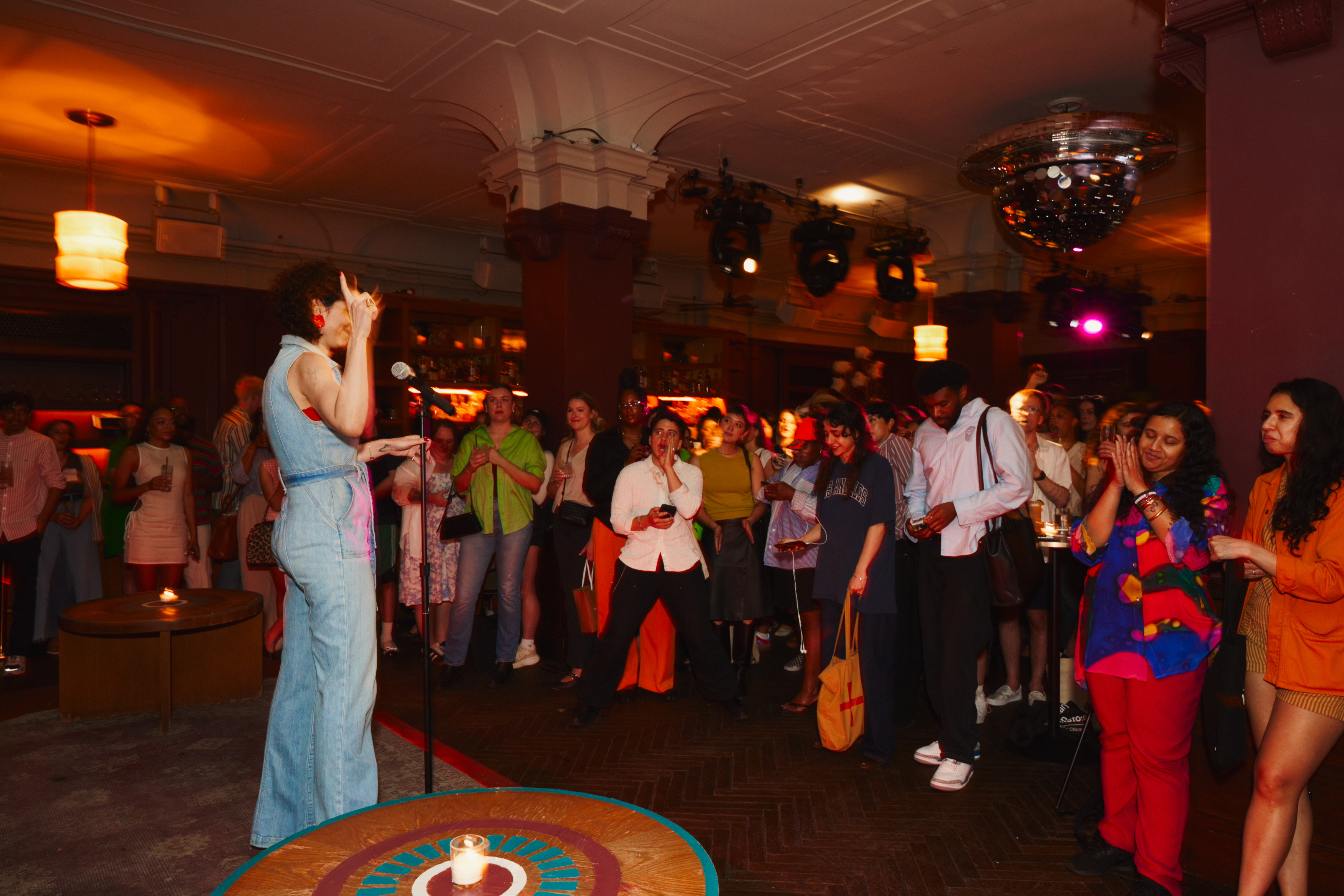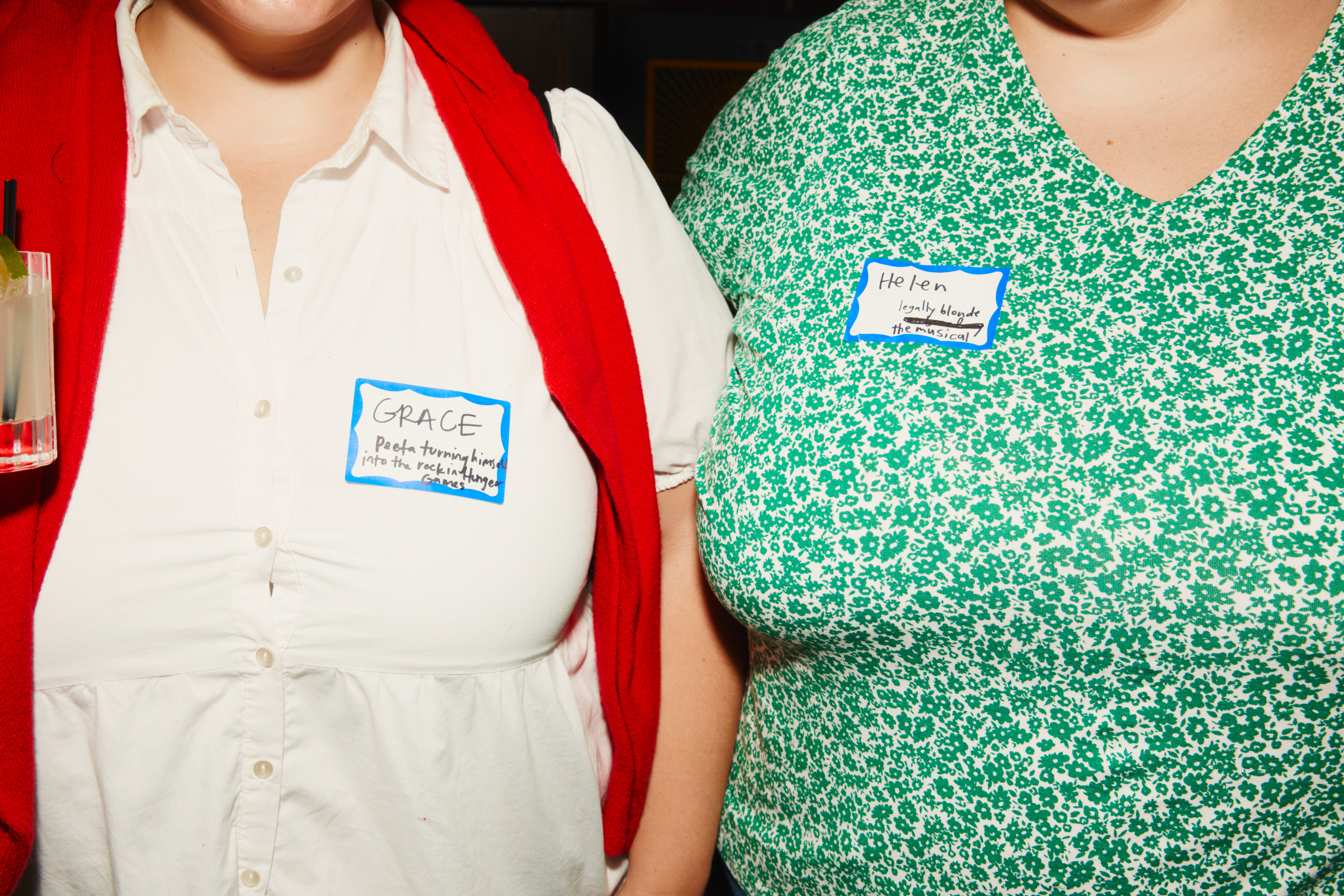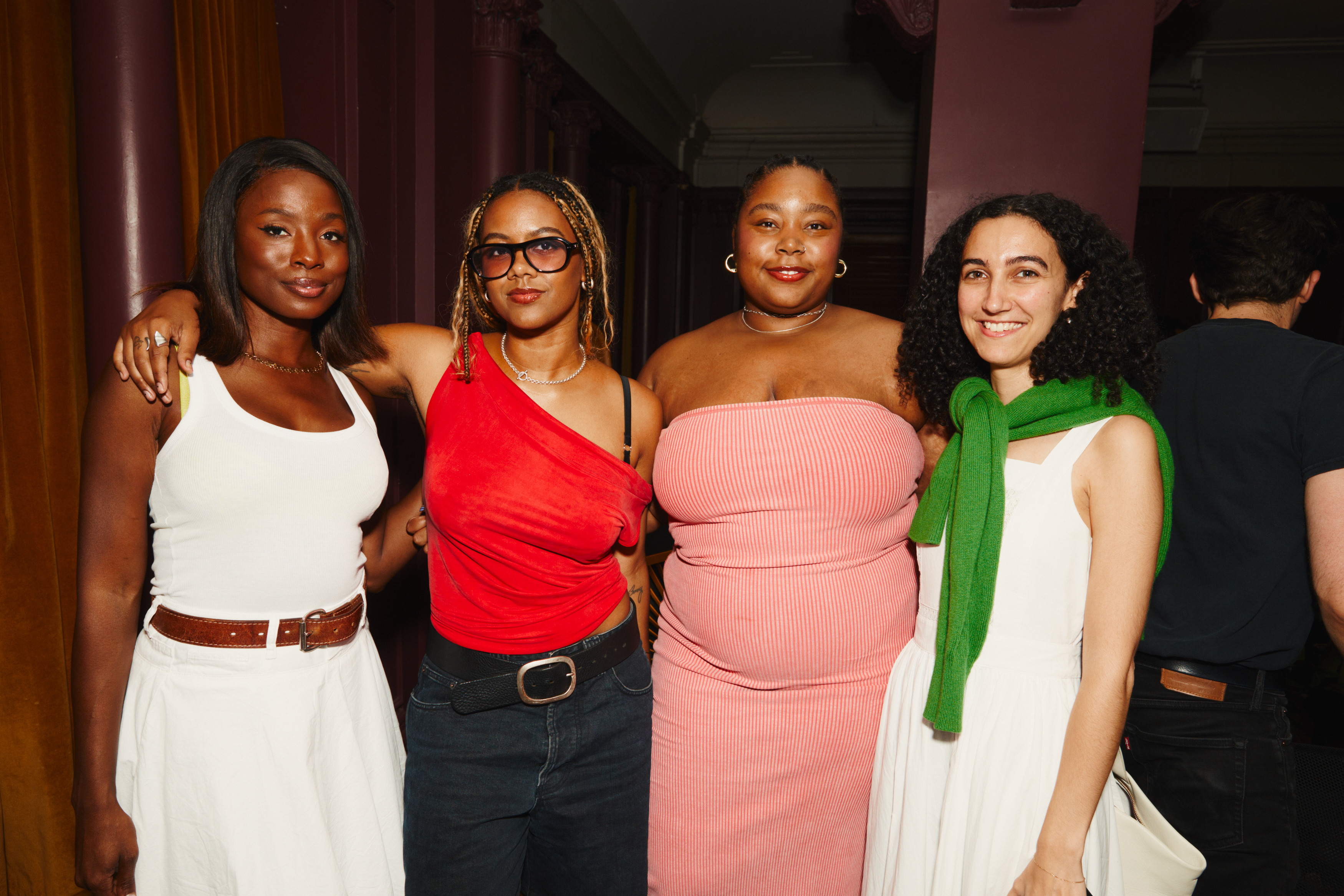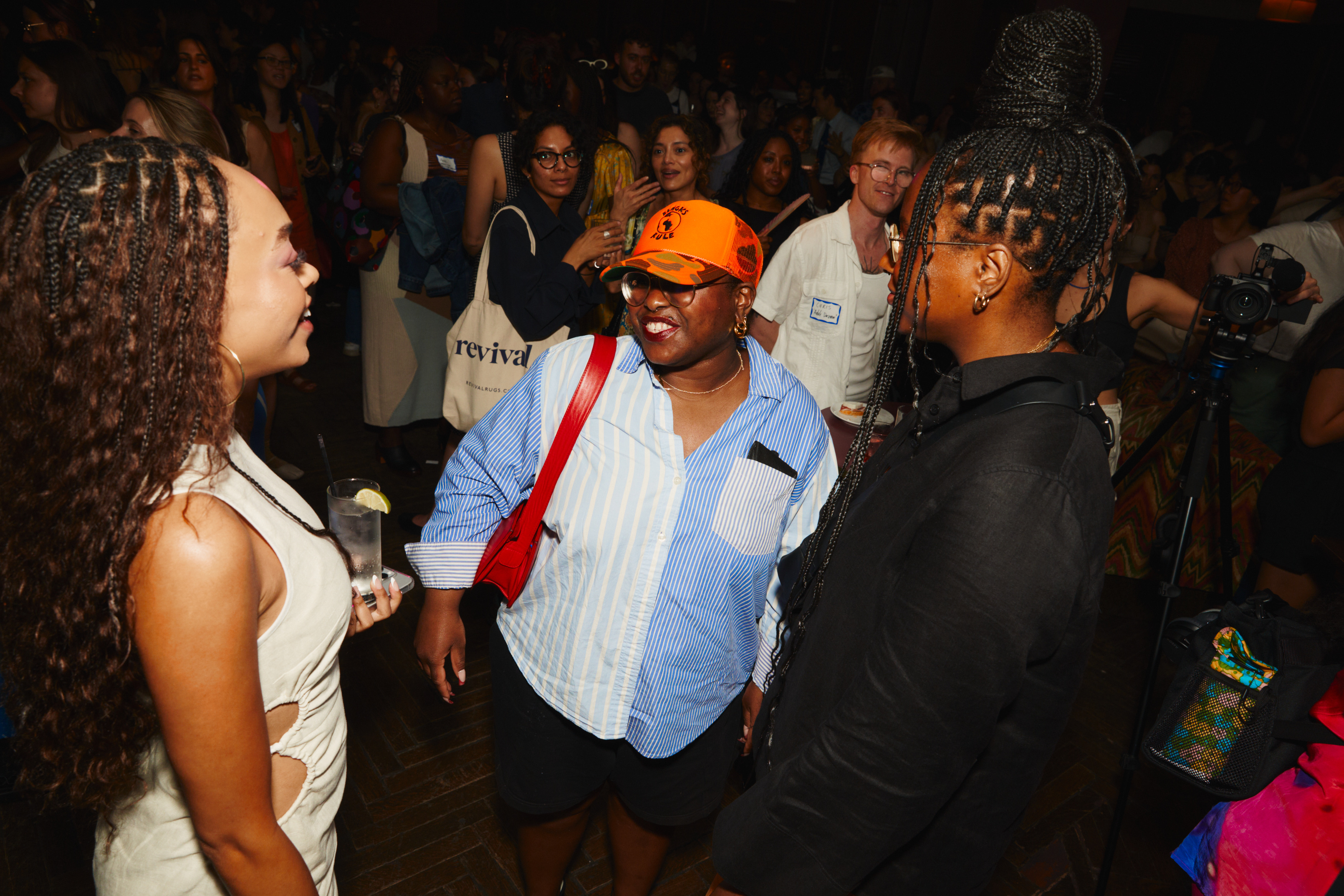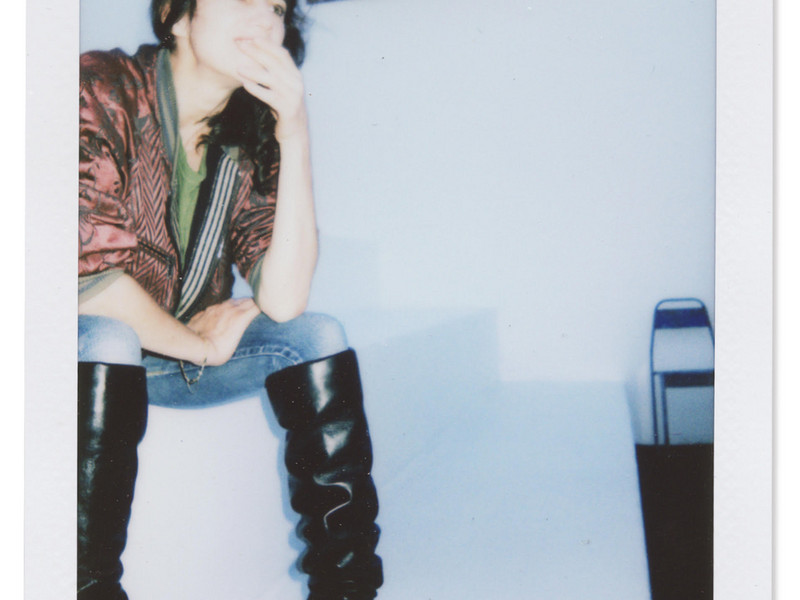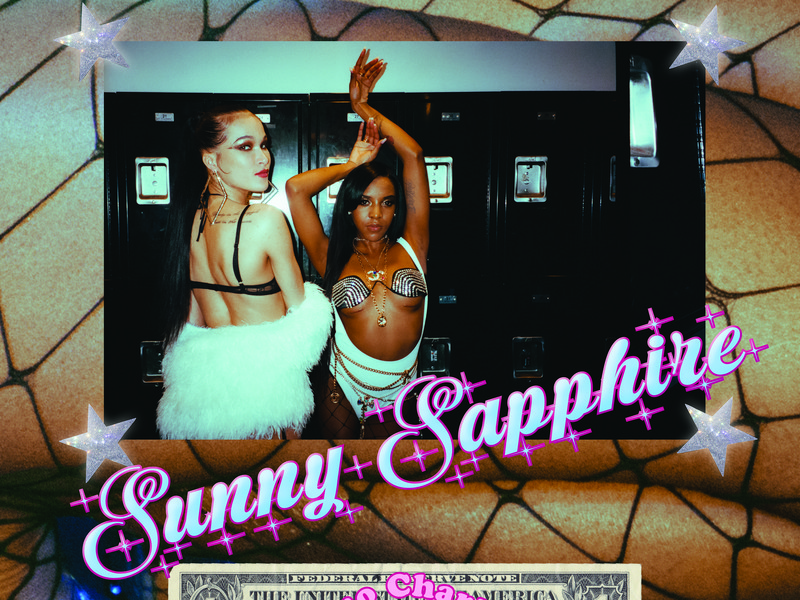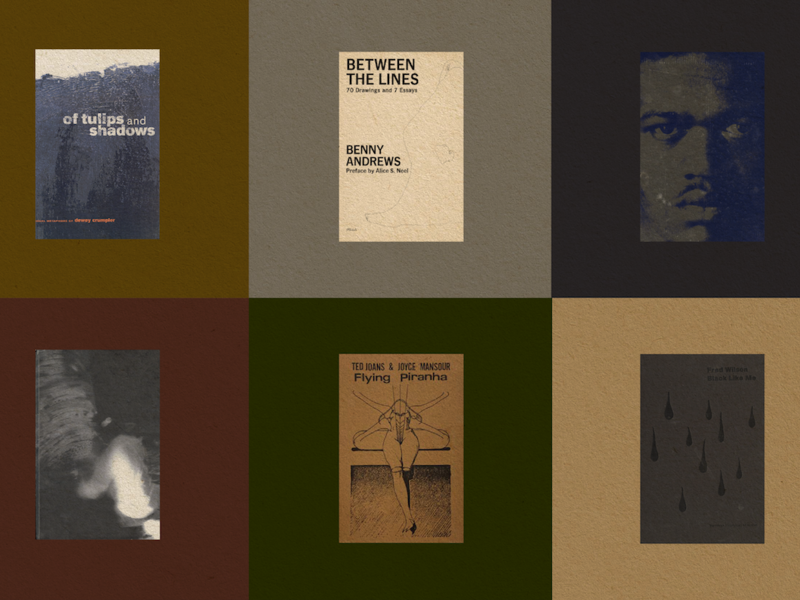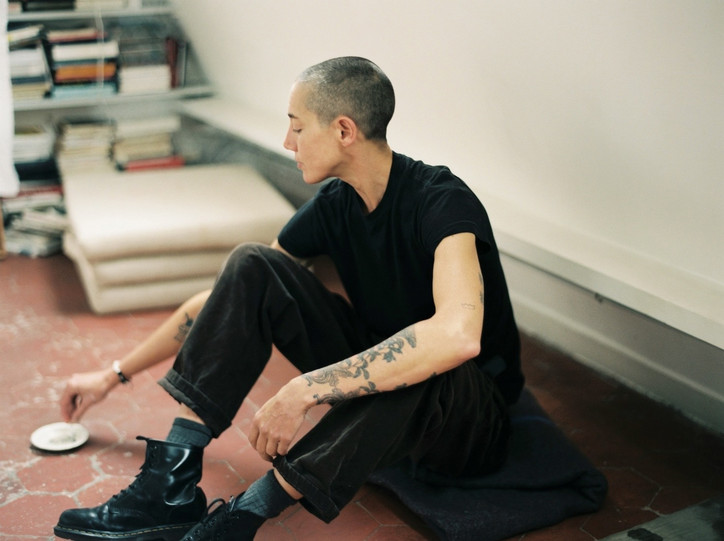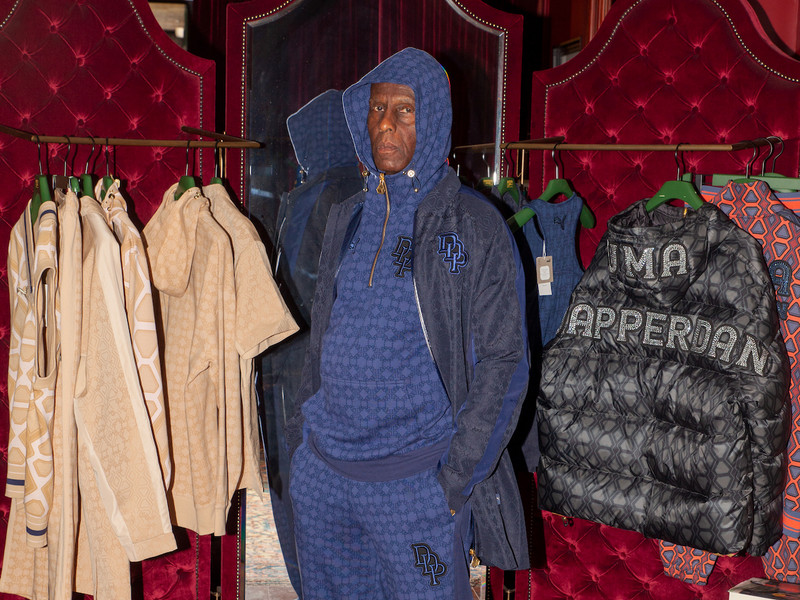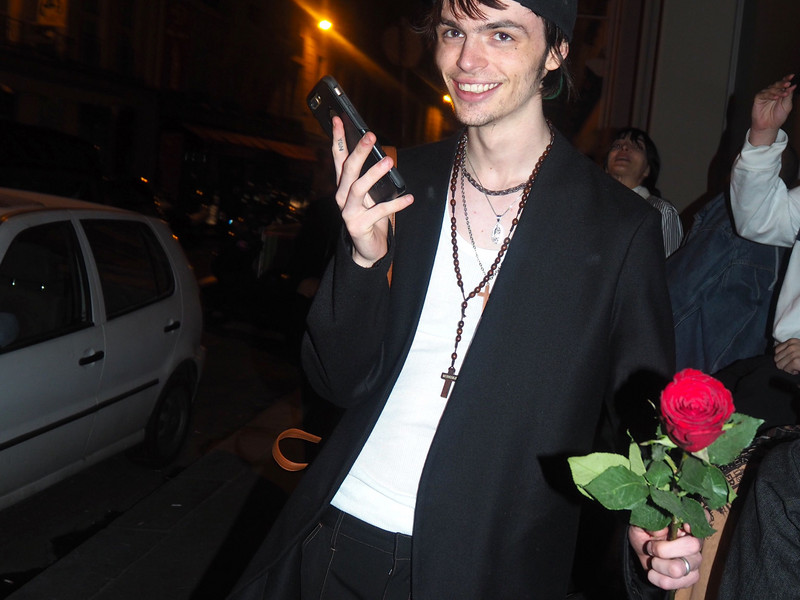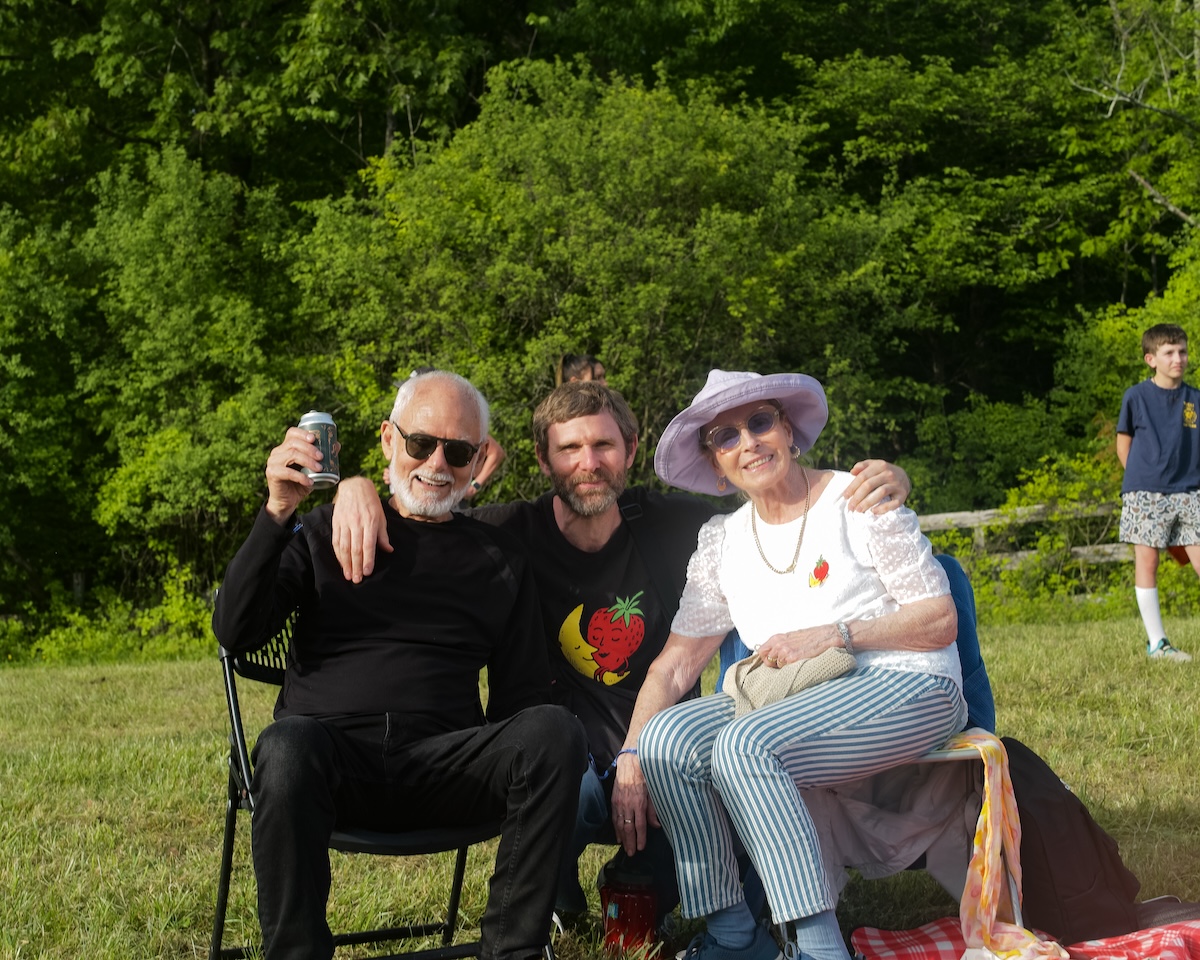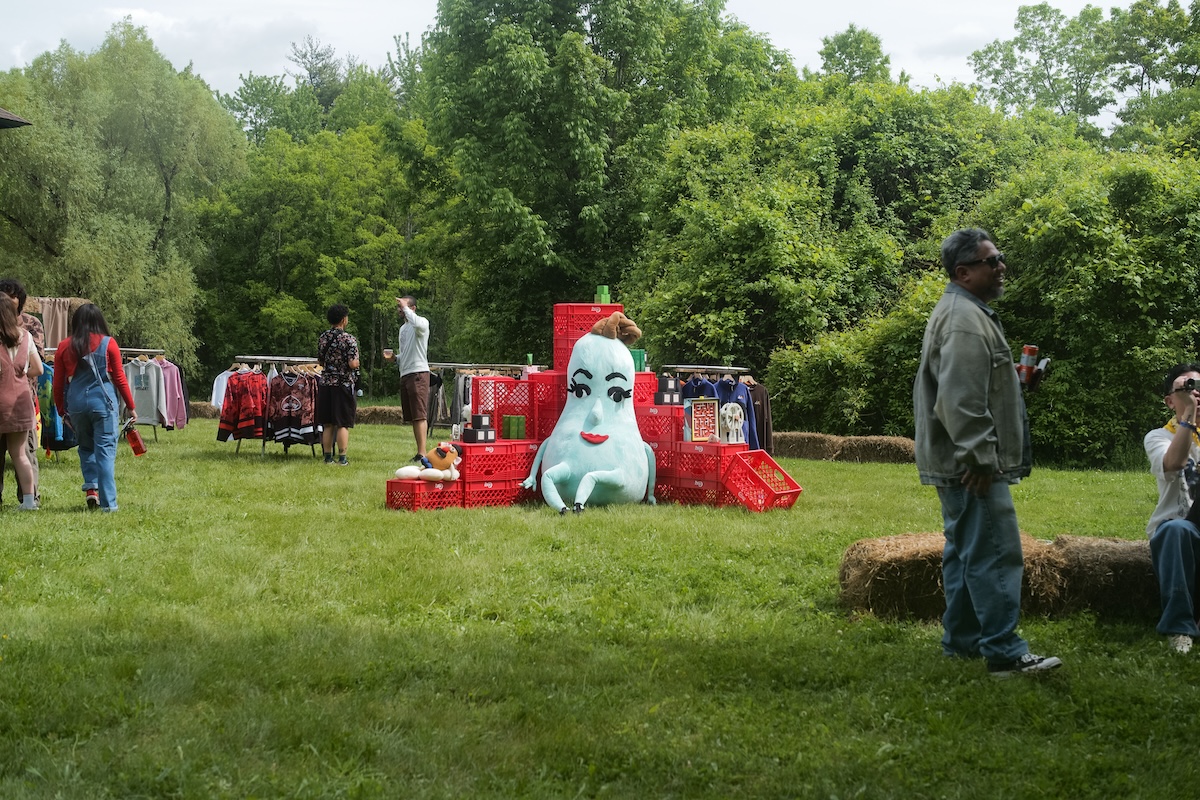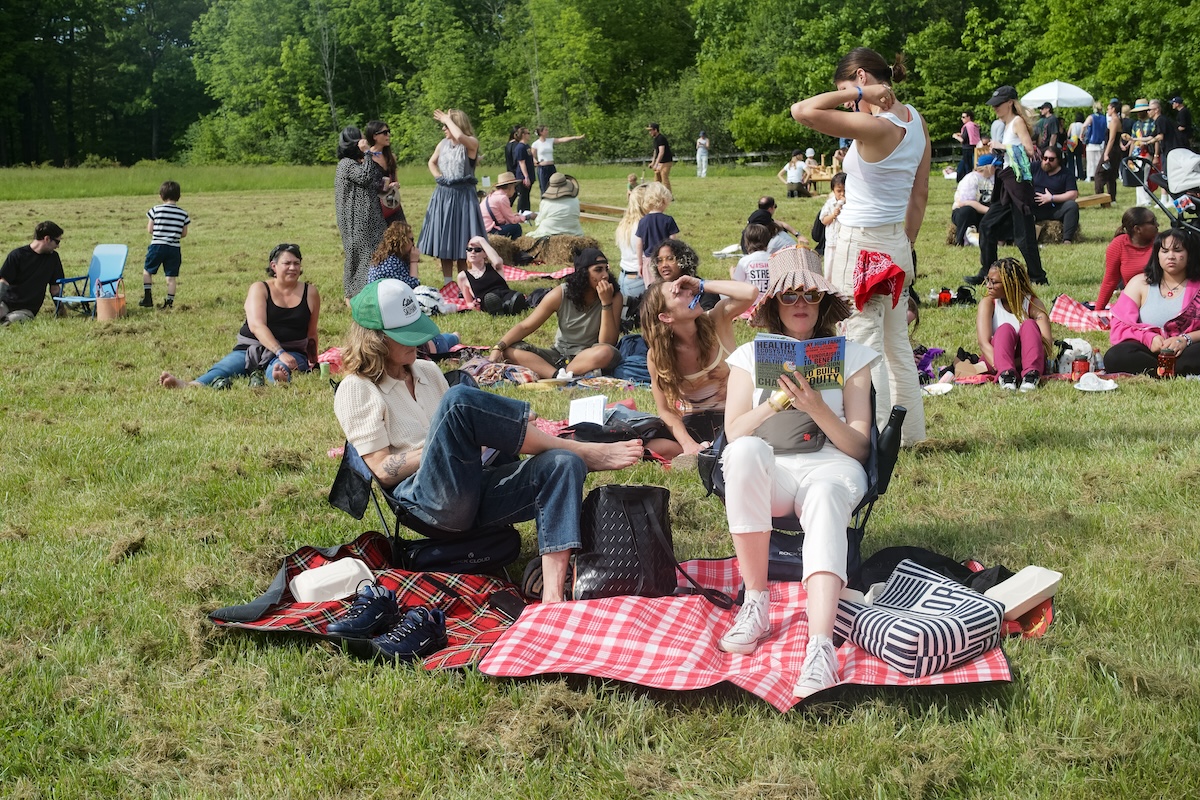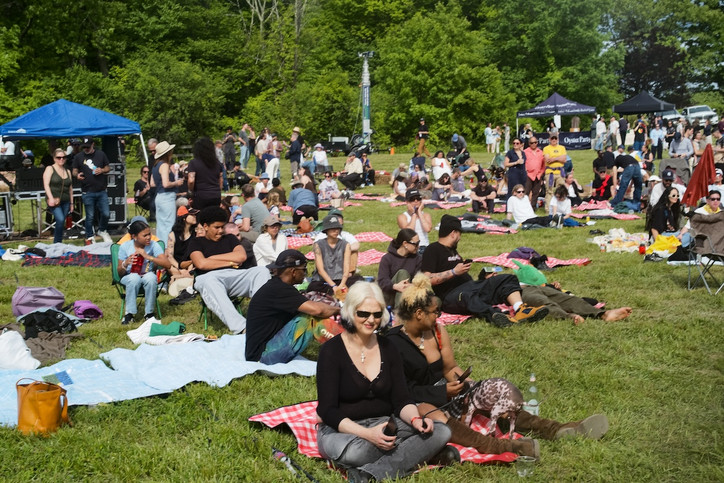To label Constance Debré an author is not contrary to calling her books autobiographical. It’s equally false and misleading, as askew as labeling Hilma Af Klint an abstractionist, for all I know. Through her writing, Debré calls to a consciousness many seem to have forgotten, now so foreign the language is practically lost, a vocabulary which never really were our own.
By putting her characters at odds with the so-called liberal societal standards, Debré (the lawyer) calls them to the stand only to strip them naked, leaving words dressed in nothing but shame in their conservative shadows. But the magnitude of the work transcends beyond the page, realized only once Debré's readers allow her practice to decolonize their minds just as she undresses her page. However, it is my second belief, they don’t.
“The world of literature should be more free than that other world,” said Debré at Albertine. It was a Sunday when the French book store on Fifth Avenue celebrated the launch of Debré's debut book, Playboy (the American edition), translated by Holly James. French and Americans mingled like yin and yang. As an author, Debré's ambition gains prominence throughout each of her books by acquiring the same weapons — love, sex, family, motherhood — only to have them all slaughter each other on the bourgeois battleground or in the courtroom.
It is no wonder Debré seeks freedom in literature’s alternative reality. The autocracy of her life had been inaccessible, hidden behind a bourgeois background. Perhaps her relentless search for justice made her realize that she deserves some of her own. At the age of forty, she abandoned her marriage, her career, and the bourgeois to become the lesbian writer who tells us about conventions, convictions, constraints. Through a poetic sensibility, she shares her know-how on how to take a piss on the social order’s worn-out contracts.
Debré leaves us with disorder and disorientation, the same could be said about her short talk on Sunday. Yet she does not do so for the sake of simply being provocative, "but because there is truth to be found in looking at things upside down.” Posing questions about what love means without (financial) stability, what family implies once it's not just for the sake of keeping it together, or, if one has to become a victim in order to justify their suffering, Debre’s answer is obviously no, but that’s almost beside the point. Addressing the commodification and acceptance of false values as the absolut is at the core of her work.


